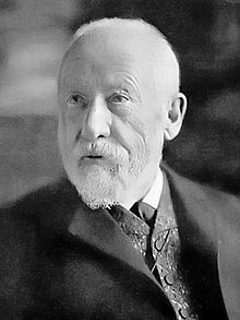

Hermeneutics
pp. 103-117
in: K. M. Newton (ed), Twentieth-century literary theory, Berlin, Springer, 1988Abstract
Hermeneutics, the science of interpretation, had its origins in the work of sixteenth-century German theologians. Literary critics tend to regard the German Romantic, Friedrich Schleiermacher (1768–1834) as the first major contributor to modern hermeneutic theory. The basic problem that hermeneutics confronts is that while the words of a text written in the past, such as the Bible, remain constant, the context that produced those words no longer exists. Schleiermacher argued that the purpose of hermeneutics was to reconstruct the original context so that the words of the text could be properly understood. Hermeneutics was further developed later in the nineteenth century by Wilhelm Dilthey (1833–1911), who attempted to found hermeneutics on a more scientific basis for the purpose of studying the "human sciences", that is, the humanities and the social sciences as opposed to the natural sciences. Hermeneutics would thus focus on "understanding" (Verstehen) rather than on "explanation" (Erklären), which operated in the natural sciences, since in natural science interpretation was directed at the non-human world. In the "human sciences", in contrast, interpretation was directed at what had been produced by human beings, so that "understanding" had to operate in order to bring humanly produced objects, such as texts written in the past, to life.



